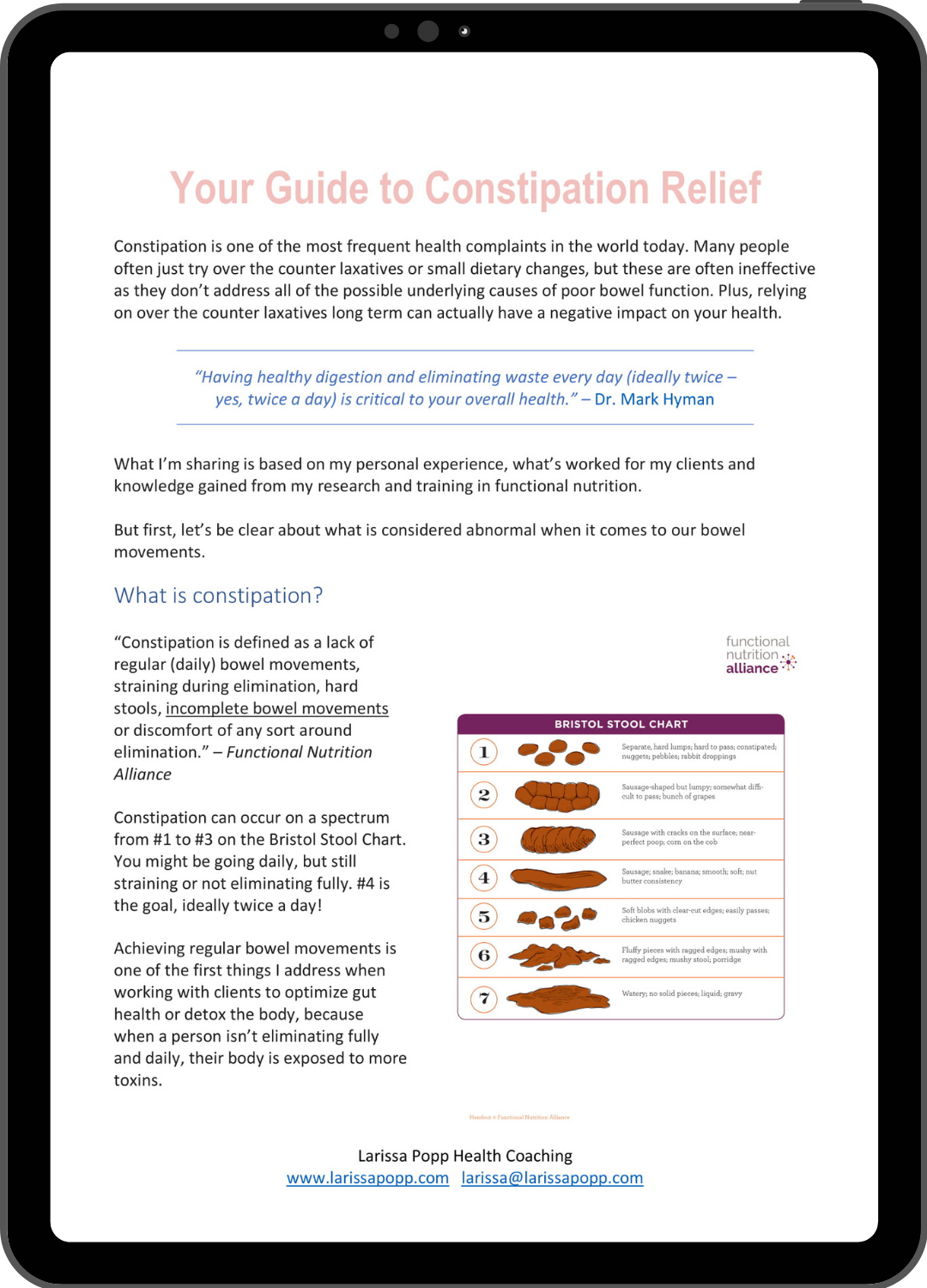
I recently listened to an interview by Drs. Dean and Ayesha Sherzai, MDs, on the Food Revolution Network, titled: Simple Strategies You Can Use to Prevent Alzheimer’s & Dementia.
And the same lifestyle choices that will prevent alzheimer’s and other forms of dementia later in life, will also optimize our mental clarity and brain function in the here and now.
In last week’s post I shared their list of the top 20 foods for brain health. This week I want to share the 5 things that impact the health of your brain most (beyond just good nutrition), and contribute to either cognitive decline or enhanced brain health.
Did you know that in your late 20s/early 30s cognitive brain function starts to markedly decline? But fortunately, you have the power to prevent that. With the right lifestyle habits you can maintain and even improve your brain function as your age.
And 90% of alzheimer’s cases are actually preventable with simple changes to diet and lifestyle, starting now, regardless of your age.
Drs. Sherzai shared that “when given the right environment the body starts healing itself so it’s never too late to make changes to your lifestyle and reverse damage to the brain (in early stages, pre-dementia, mild cognitive impairment). But once the brain is all out alzheimer’s there is no way to cure it.
Some of the greatest risk factors for alzheimer’s and dementia are: smoking, alcohol abuse, and head trauma. But beyond that, here are 5 keys to optimal brain health and brain function.
1. Eat a whole foods plant-based diet, low in saturated fat & refined sugar/high glycemic foods.
Fiber is one of the most important things for brain health. Three of the best nutrient dense foods to eat on a regular basis to get lots of fiber (as well as other important nutrients for the brain) are beans, greens and berries! But you’ll get plenty of fiber simply from following a whole foods plant-based, or plant-strong diet.
A note about fat: The only type of fat that the brain needs constantly is omega 3 fatty acids, which on a plant-based diet you can get from nuts and seeds (esp. chia seeds and flax seeds), from greens, or an algae based DHA omega 3. They suggest adding at least 1-2 tablespoon of flax to meals per day and one handful of nuts per day (which as I’ve explained in previous posts it a great habit for overall health — if you take care of the health of your brain, you’ve taken care of your whole body). They like to supplement with an omega 3 DHA/EPA supplement for assurance, and shared that getting at least 250 mg of DHA per day is enough.
2. Move more throughout the day & include strenuous exercise that gets your heart pumping.
People who exercise actually grow their brain.
Of the 5 things that affect brain health (nutrition, exercise, sleep, stress, and mental activity), three of them create the environment, which has to be conducive for brain growth and connectivity and the other two (exercise and mental activity) actually make those connections.
This means…good nutrition, deep sleep and stress reduction are not enough on their own. They need to be coupled with physical & mental exercise.
While people start losing brain cells after about age 25, multiple studies show that people who exercise actually grow their brain — but it has to be aerobic exercise where you get tired.
Dean Sherzai: “You gotta get tired, you gotta get short of breath. 25 minutes, 5 days a week of real significant exercise.” This has been shown to significantly reduce your risk of dementia, and esp. alzheimer’s by more than 40%! For example, 20 minutes of brisk walking per day was shown to reduce one’s chance of getting alzheimer’s by 43%!
Dean also shared that “one of the best things that you can do is early morning brisk walks in daylight” as you’ll be supporting your sleep cycles by getting light first thing in the morning, you’ll take care of your Vitamin D (also important for brain health), and you’ll take care of getting strenuous exercise.
The other thing you can do that’s really helpful is leg exercises. A study showed that people who have bigger leg muscles actually have a bigger brain.
Ayesha Sherzai: “Sedentary activity is almost the new smoking. If people exercise say 20-30 minutes in the morning and then they have a desk job and they sit for about 6 to 8 hours, they actually negate all that exercise they did earlier in the morning.”
So the goal is to stand up and move around every hour!
And exercise is not just important for preventing dementia, but also for optimizing your mental sharpness, clarity and creativity right now!
Dean: “The one thing, more than anything that we’ve seen that got rid of brain fog…is when they started exercise, because it gets a flow of blood to the brain, and a flow of BDNF (brain derived neurotrophic factor – which is the juice that creates those brain connections). Exercise is one of the best things you can do to get rid of brain fog.”
3. Get deep restorative sleep, through good sleep hygiene habits
Deep sleep detoxes the brain every single night, and recollates all of your memories.
Deep restorative sleep is also the best way to enhance your brain’s creative centers.
But don’t rely on sleeping pills as you can’t actually improve the quality of sleep with medicine because you might not be going through all the sleep cycles.
Instead, focus on improving your sleep hygiene (the good habits needed for deep sleep).
One tip from Ayesha: if you have running thoughts when you get into bed that keep you from falling asleep, get up out of bed, go to another room and write them down in a journal/on a piece of paper. You want to get up and sit elsewhere, not in your bed, so that the bed does not become a place that instigates the thinking process.
She also shared that you need over 6 months to a year to slowly work towards optimal sleep hygiene so you can improve your sleep. It seems like a long time but she says that it’s the most important investment you’ll ever make because those 8 hours are literally rebuilding your brain.
If you struggle with sleep I highly recommend reading the book, Sleep Smarter.
4. Manage your Stress
Drs. Sherzai shared that “a lifetime of anxiety is one of the biggest drivers of cognitive decline.”
Do things to treat chronic stress functionally, not just pharmaceutically because that only hides it.
One of the best ways to manage chronic stress is to develop a meditation practice, which like good sleep hygiene, takes time to master so don’t be frustrated when you start. Learning to meditate is like anything else, it takes practice and time. It can take a year to work towards attaining an optimal meditative state but like good sleep hygiene, it’s an excellent investment of your time.
5. Do challenging mental activities
Unfortunately they shared that games like sudoku are not enough.
They suggest keeping your mind challenged with complex real life activities such as playing music, learning to dance, learning a new language, taking courses, or leading projects and volunteering. These activities will build the connections between our brain cells better than anything else and reduce the chance of developing dementia by as much as 40%!
Bottom Line
Focus on making positive lifestyle changes in the following 5 areas, which you can remember with Team Sherzai’s acronym: NEURO.
Nutrition –> eat a whole foods, plant-based diet, low in saturated fat & low in refined sugars and carbohydrates; eat lots of beans, greens and berries
Exercise –> move throughout the day, with at least 25 minutes of strenous exercise 5 days/week that gets your heart pumping
Unwind –> learn to manage your stress; commit to developing a meditation practice (the key word being “practice” — it takes practice to master it, so be patient)
Restorative Sleep –> develop good sleep hygeine habits; I recommend reading the book Sleep Smarter or start with these 21 tips for better sleep
Optimize –> get optimal social and cognitive engagement and challenge, strenthen your social network, and find a challenging activity you love to practice regularly such as learning a language, playing an instrument, or taking a challenging course.
If you want more brain heatlh tips from Team Sherzai check out their website: Team Sherzai


